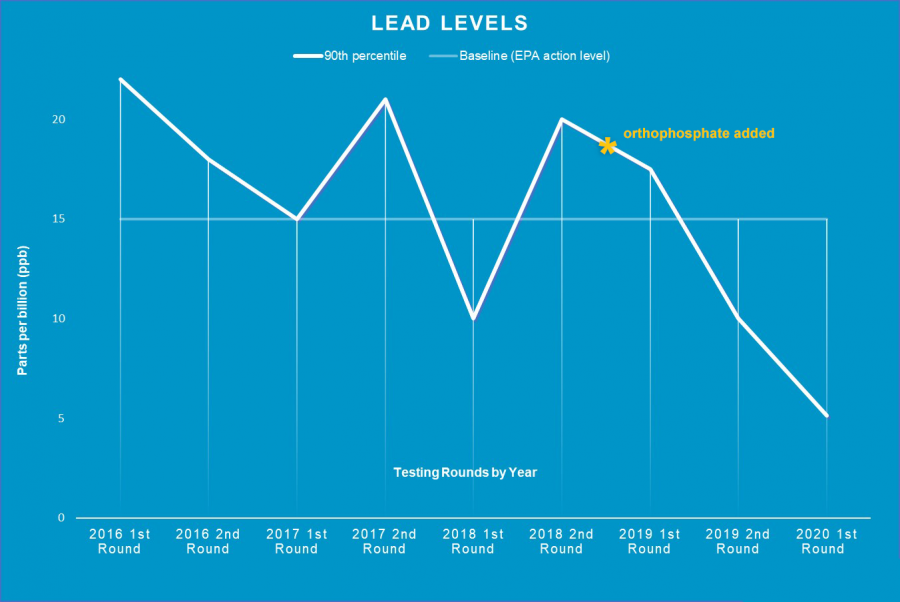
On June 3rd, Pittsburgh was the first of ten cities to participate in the US Environmental Protection Agency’s (EPA) Community Forums on lead. I was honored to join community leaders from across the region to discuss our nationally recognized Community Lead Response, as well as advocate for additional federal funding to strengthen our response to lead in water.
The discussion at the EPA forum made it clear that our programs to address lead in water can serve as a model for cities across the country. Working with our Community Lead Response Advisory Committee we developed a model to prioritize lead service line replacements that consider four factors in planning where lead lines are replaced. The two factors, most heavily weighted, include the number of children under six years of age and the number of women of childbearing age, along with blood lead level data collected by the Allegheny County Health Department. The remaining two factors are the amount of lead in the neighborhood and income levels.
Implementing the program took increased staffing and insight from community members and public health experts. We established an internal Lead Help Team and formed a Community Lead Response Advisory Committee both of which are essential for delivering a program that reaches our drinking water customers, provides effective communication with construction crews, and ensures we are adhering to the latest policies and regulations concerning lead in water.
Since 2016, we have removed more than 8,500 public lead service lines and over 5,300 private lead service lines at no direct cost to ratepayers. Last year, we announced that lead levels are well below the federal action level of 15 parts per billion and are at their lowest level in 20 years. Additionally, our 2020 Water Quality Report shows that we are meeting and exceeding all state and federal water quality regulations. Our attention to lead has helped to improve water quality and the safety and reliability of our drinking water.
Since 2016 we have invested more than $90 million on lead service line replacements. To reduce the amount of rate increases needed to fund the work, we are financing the construction using low-interest loans and some grant funds from the Pennsylvania Infrastructure Investment Authority (PENNVEST). Our most recent PENNVEST award in April includes a $35.5 million loan and a $3.0 million grant to continue this important work.
Funding from state and federal sources is essential when implementing programs that directly impact public health and the quality of life for thousands of people. PWSA supports and is advocating for an infrastructure bill that prioritizes the removal of lead lines among other critical water infrastructure.
We should all take pride that our Community Lead Response is an exemplary program for boldly addressing lead in drinking water. We remain committed to removing all lead lines and providing our drinking water customers with safe, high quality water. To learn more, please visit lead.pgh2o.com.



